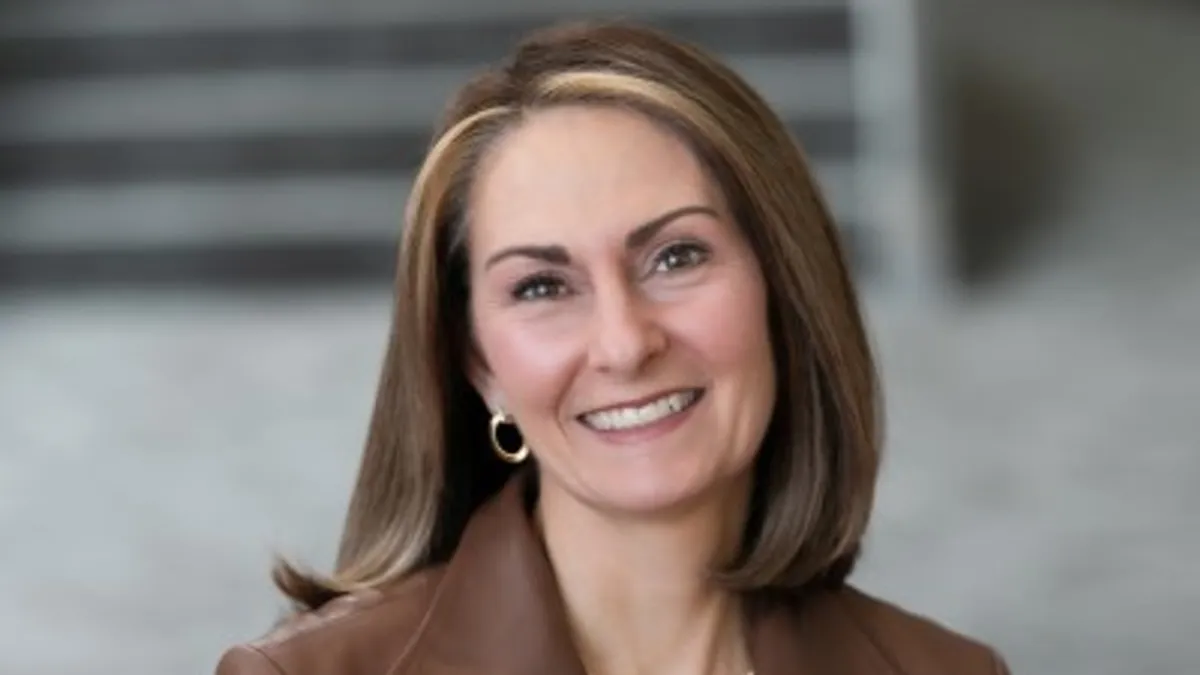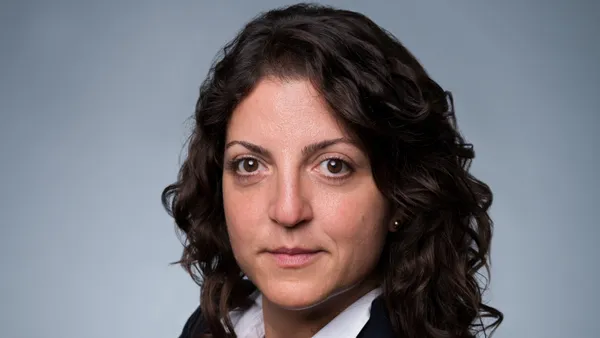Dexcom Chief Commercial Officer Teri Lawver will leave the company as it grapples with challenges following a sales restructuring.
Lawver joined the company in January 2023 for the newly created position, after working for Johnson & Johnson for two decades. Lawver will retire at the end of the year and continue as a special adviser to Dexcom through early 2025. CEO Kevin Sayer will lead the commercial organization while the company searches for a permanent replacement.
“Teri is a great leader who’s advanced our commercial organization in several areas in the past few years,” Sayer told investors on Thursday, listing the launches of the company’s G7 continuous glucose monitor and more recently its over-the-counter device, Stelo. “Having managed this team before, I can speak to their quality and look forward to leading them again.”
Sales update
Dexcom has faced two difficult quarters that have sent its stock price tumbling since the beginning of the year. In July, the company slashed its 2024 revenue forecast to a range of $4 billion to $4.05 billion. Dexcom previously forecast from $4.2 billion to $4.35 billion in sales for the year.
Sayer chalked up the decline to a salesforce restructuring, fewer sales through the durable medical equipment channel and lower revenue per customer due to rebates.
CFO Jereme Sylvain said on Thursday the company is on track to meet its revised goal, reflecting “a continued ramp in our U.S. salesforce productivity.”
The company’s U.S. sales declined 2% in the quarter to $701.9 million, compared to the same period a year ago.
Sayer said Dexcom reported record new customer starts in the quarter and expanded its prescriber base, but those milestones don’t show up in the third quarter results.
J.P. Morgan analyst Robbie Marcus wrote the quarter “wasn’t the clearing event some might have wanted,” but there were enough positives to keep investors with a long-term view interested.
Stelo feedback
Sayer also shared an update on Stelo, Dexcom’s first over-the-counter CGM launched in the U.S. in August. The device is targeted at people who don’t take insulin, in particular people who have Type 2 diabetes or prediabetes.
The company went after that group, rather than people seeking a broader health and wellness device, “because we could migrate those patients to a reimbursed solution over time if in fact they do have diabetes,” Sayer said.
Dexcom previously forecast sales of the device to make up 1% of its revenue, or about $40 million. The company did not reconfirm that outlook on Thursday, but “feedback is reportedly positive,” BTIG analyst Marie Thibault wrote in a research note.
Stelo currently has a customer base of over 70,000 users, and about half of them are monthly subscribers.
“That’s a huge success for us,” Sayer said.
Competitor Abbott launched its own over-the-counter product, called Lingo, this summer in a broader wellness play. Abbott plans to launch another over-the-counter sensor specifically for people with Type 2 diabetes, but has yet to disclose a timeline.














